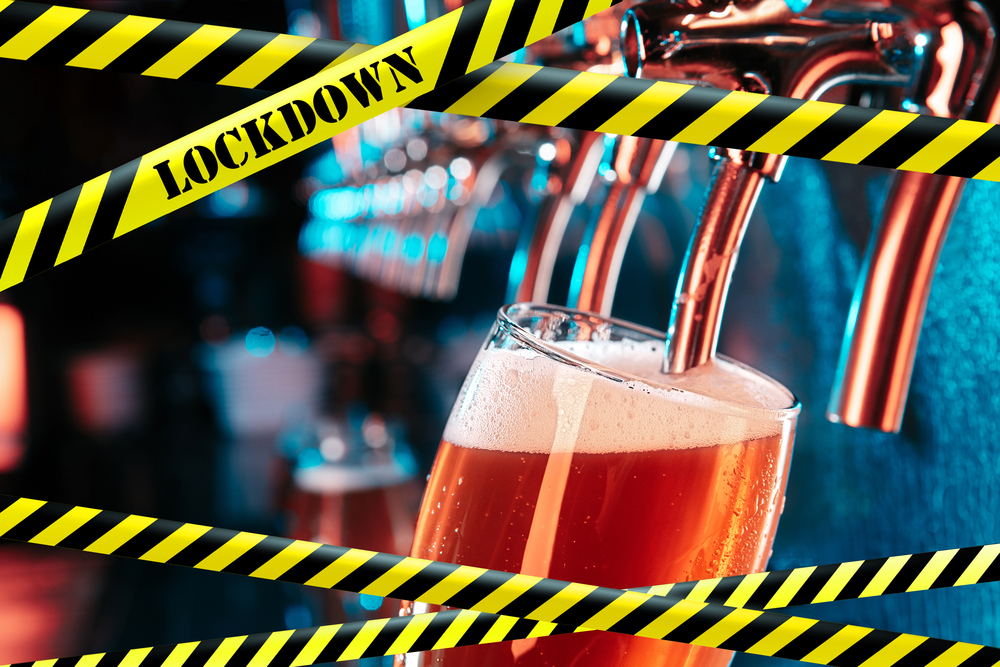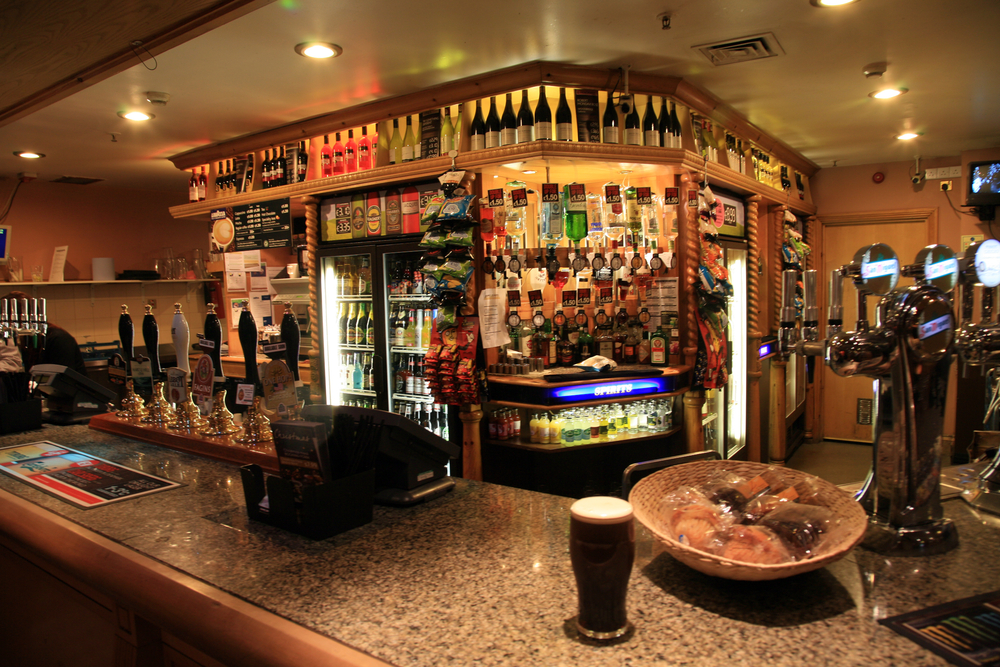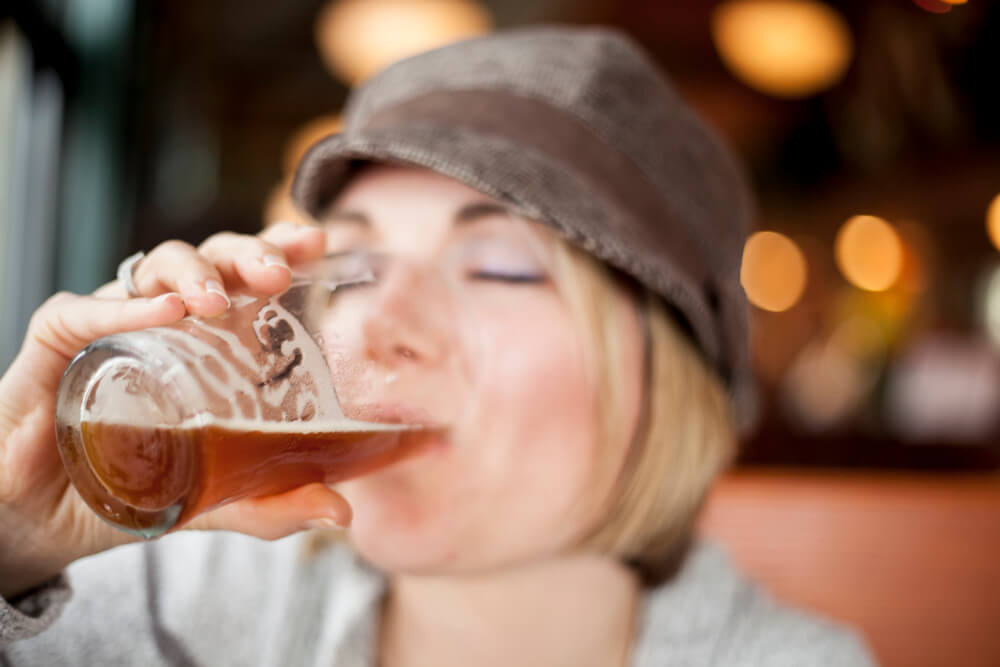Learn more about best beer companies to work for.
The craft beer industry has exploded in recent years, offering a plethora of job opportunities for beer enthusiasts looking to turn their passion into a career. From brewing to sales, marketing, managerial, and operational roles, the beer industry has created numerous positions that cater to a variety of skill sets. With many top companies to work for, selecting the best workplace can be a challenge. This article aims to help aspiring beer industry professionals gauge which breweries stand out as exceptional employers.
Innovative products and unique flavors are not the only factors that attract people to the craft beer world. The culture and work environment offered by these breweries also plays a crucial role in making it a highly sought-after industry. Many employees in the beer industry find fulfillment in their work, thanks in part to the creative freedom and teamwork fostered within these companies.
By sharing insights into some of the best beer companies to work for, this article will help you determine where you can make the most significant impact on the brewing world while also making a fulfilling and rewarding career. From small, independent breweries to large-scale operations, the opportunities are vast in this exciting field. So grab a pint, and let’s dive into the world of craft beer employment!
Table of Contents
Best Beer Companies to Work For
Fortune
Fortune magazine has consistently recognized companies in the beer industry for their work culture and employee benefits. Among the top contenders is the New Belgium Brewing Co, headquartered in Fort Collins, CO. New Belgium is known for its emphasis on work-life balance, trust, respect, and camaraderie among employees.
Great Place to Work
The Great Place to Work organization, dedicated to determining the best workplaces across various industries, has featured several beer companies on their coveted lists. Craft beer breweries stand out, offering unique environments for employees to grow and develop. San Diego-based Stone Brewing Co. is an example of a top craft brewer that offers a strong company culture and attractive growth opportunities.
Best Companies List
The Best Companies List showcases some of the most in-demand workplaces. In the beer industry, top companies include those that value employee satisfaction, along with successful production and business practices. For example, the Brewers Association releases an annual top brewing companies list based on sales volume, where several highly sought-after employers are featured, such as:
- Small Craft Brewers: Known for their innovative beer styles and focus on local community engagement, these breweries often offer fulfilling and dynamic work experiences.
- Regional Brewpubs and Bars: Crafting beer specifically for their onsite restaurant or pub, these establishments often foster strong team environments in both the brewing and hospitality aspects of their business.
- Large Brewing Companies: Offering stability and comprehensive benefits, larger beer companies may provide more traditional corporate environments while still maintaining the passion for quality beer products.
Overall, when searching for the best beer companies to work for, it’s essential to consider not only the company size and reputation but also the values and culture that fit your career aspirations.
Top Breweries on the List
New Belgium Brewing Co.
New Belgium Brewing Co. is renowned for its employee-focused approach and commitment to sustainability. Founded in 1991, this Colorado-based company is now one of the largest breweries in the United States and is well-known for its flagship beer, Fat Tire Amber Ale.
Headquartered in Fort Collins, New Belgium has a second brewing location in Asheville, North Carolina. The team’s dedication to sustainability is evident in their eco-friendly initiatives, including using solar energy, water conservation, and waste reduction practices.
Employees at New Belgium enjoy competitive salaries and a benefits package that includes health insurance, retirement plans, and generous vacation time. Newcomers joining the organization take part in an orientation program, which includes a crash course on the brewing process and the company’s foundational philosophies. After one year, staffers become owners of the brewery through an employee stock ownership plan (ESOP).
Their commitment to the employee experience has earned New Belgium Brewing Co. recognition as a top brewery to work for in the US. The company fosters a creative and open environment that encourages collaboration and professional development. Employees have access to courses aimed at boosting their skills, as well as opportunities to expand their knowledge of brewing. They understand their employees’ growth as vital to driving the company’s success.
Employing a knowledgeable, neutral, and clear tone of voice, we’ve highlighted the exceptional qualities of New Belgium Brewing Co., making it a prime example of the best breweries to work for in the United States.
Employee Satisfaction Factors
Trust
Trust is a crucial factor in employee satisfaction at beer companies. Establishing trust between employees and management can lead to increased morale, loyalty, and productivity. Some ways companies can build trust include:
- Transparent communication: Open and honest communication about company goals, expectations, and challenges can help employees feel more secure and involved in the decision-making process.
- Consistency: Maintaining a consistent approach to policies and procedures can demonstrate that management is reliable and trustworthy.
- Accountability: Showing employees that management is accountable for their actions can give them confidence that their concerns will be addressed fairly and justly.
Respect
Respect is another key component of employee satisfaction. When employees feel valued and respected, they are more likely to be engaged and committed to the company. Beer companies can foster a culture of respect by:
- Encouraging open dialogue: Providing employees with opportunities to express their opinions, ideas, and concerns can show that their input is valued and respected.
- Recognizing achievements: Acknowledging employees’ hard work and accomplishments can help boost morale and strengthen their sense of self-worth.
- Providing growth opportunities: Offering training, development programs, and promotions can demonstrate management’s commitment to employees’ professional growth and success.
Camaraderie
Camaraderie among employees is essential for cultivating a positive work environment at beer companies. Strong bonds between coworkers can enhance teamwork, collaboration, and job satisfaction. Beer companies can encourage camaraderie by:
- Organizing team-building activities: Arranging fun and engaging events, such as brewery tours, bowling nights, or tasting sessions, can help employees bond and form lasting relationships.
- Encouraging social interaction: Providing communal spaces for employees to eat, relax, and chat can facilitate natural connections among coworkers.
- Celebrating successes together: Recognizing collective achievements can foster a sense of unity and teamwork among employees.
In conclusion, trust, respect, and camaraderie are vital factors in employee satisfaction at beer companies. By implementing initiatives that promote these values, beer companies can create a thriving work culture that benefits both employees and the organization.
Impact of Covid on Beer Industry

The Covid-19 pandemic had a significant impact on the beer industry, with job losses and business disruptions across the entire sector. The industry experienced a loss of over 568,000 jobs as a result of the pandemic. Breweries and craft beer companies faced numerous challenges during this time, including forced closures and shifts in consumer behavior.
One major challenge faced by breweries was the decline in sales to restaurants and bars due to pandemic-related shutdowns. This led to a significant decrease in draft beer sales, forcing many breweries to change their approach to packaging and distribution. As a result, many shifted their focus to canning and bottle packaging, in addition to direct-to-consumer sales channels.
The overall impact on the craft beer industry was a 9% decrease in sales in 2020. However, some breweries were able to adapt to the changing market conditions and even thrive in certain areas.
- Craft beer companies that had an established online presence or e-commerce platform were better equipped to deal with the challenges brought about by Covid-19.
- The off-premise market provided an opportunity for growth for some craft brewers, as consumers turned to retail outlets and delivery services for their alcohol purchases.
- Small breweries with a strong focus on their local communities also managed to successfully navigate the pandemic through direct sales via curbside pickup, delivery, and outdoor service options.
The Covid-19 pandemic has certainly left its mark on the beer industry, and breweries continue to face ongoing challenges as they work to rebuild and adapt to the new normal.
The Relationship Between Beer, Wine, and Pubs

Bars
Bars play a significant role in the beer and wine industry, providing a social atmosphere for customers to enjoy these beverages. At bars, patrons can sample various types of beers and wines, often from different countries and regions, which contributes to their overall experience. Additionally, bars can serve as a platform for local breweries and wineries to showcase their products, fostering growth within the industry.
In many countries, beer is the most consumed alcoholic beverage, and bars cater to this demand by offering a diverse range of products. Beer and wine enthusiasts often appreciate the large selection of craft, domestic, and imported options available at bars. Customization is also an essential aspect, as bars routinely offer beer and wine flights or tastings, allowing customers to sample various options before committing to a full serving.
Here is a general outline of what you may find at a typical bar:
- Draft Beers: Served from taps, usually featuring local and popular brands
- Bottled Beers: A variety of domestic and international options
- Wines: A selection of red, white, and sparkling wines
- Mixed Drinks: Bartenders skilled in crafting traditional and innovative cocktails
- Non-Alcoholic Beverages: Alternatives for non-drinkers or designated drivers
Pubs
Pubs have a distinct role in the beer and wine industry, often characterized by their casual, welcoming atmosphere. Traditionally, pubs are establishments focused on serving beer, wine, and sometimes spirits, along with a selection of food. Pub culture varies significantly worldwide, but many pubs emphasize a sense of community and camaraderie among their patrons.
Pubs are typically more informal than bars and frequently feature live music, sports events, and trivia nights, creating a lively and entertaining environment. The beer market has experienced a level of consolidation, but pubs often strive to support local and independent brewers, offering a range of unique and distinct products on tap or in bottles.
Factors that set pubs apart from bars include:
- An emphasis on comfort: Pubs often have a cozy atmosphere, encouraging patrons to linger and socialize
- More extensive food menus: Pubs usually serve a selection of hot meals and appetizers
- Local and artisanal focus: Many pubs prioritize local and small-scale breweries and wineries, promoting community connections
In conclusion, the relationship between bars, pubs, beer, and wine is multifaceted, with each establishment catering to the specific needs of their patrons. Both bars and pubs play an essential role in bringing people together over exceptional beverages, fostering a sense of camaraderie and community.


